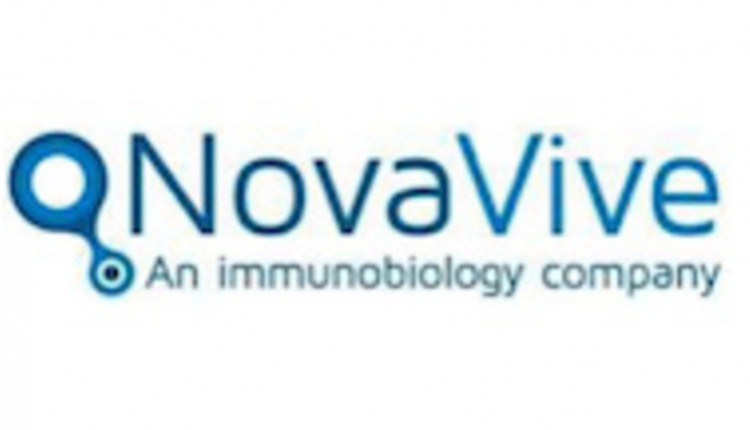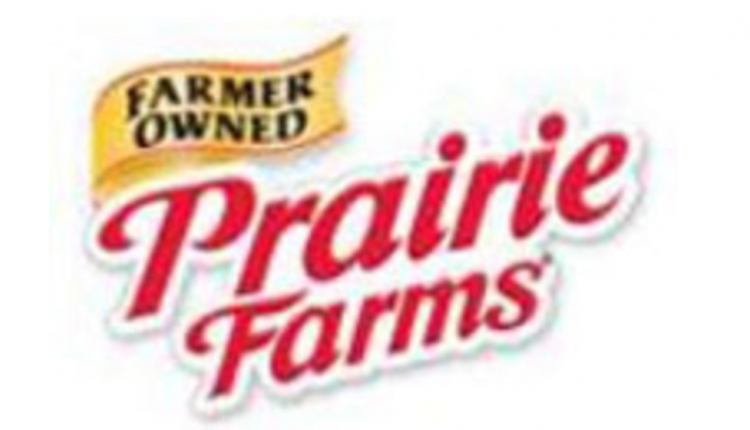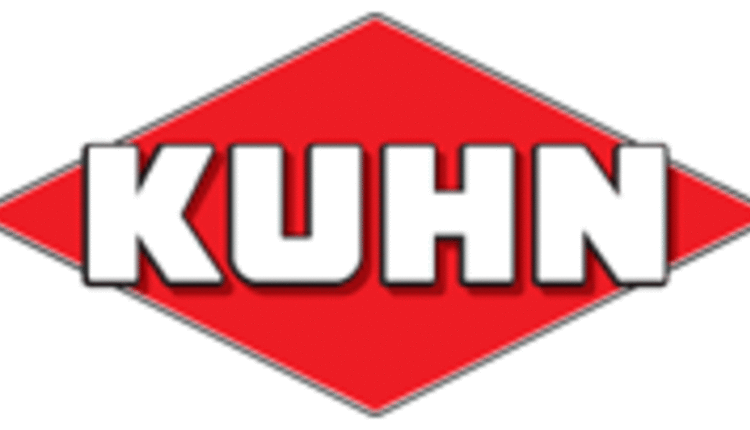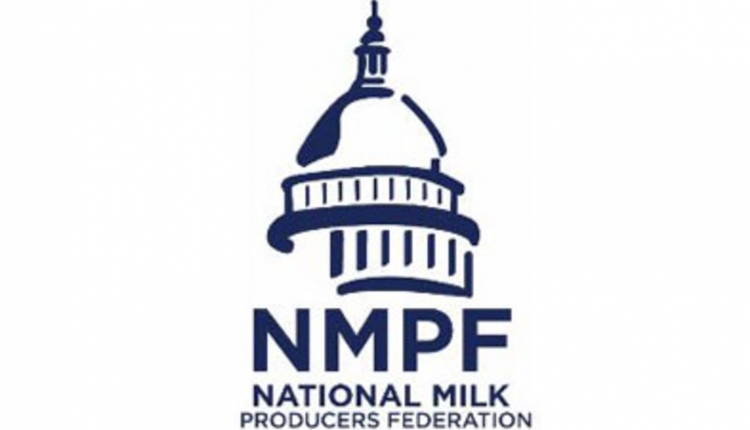
NovaVive Inc., an animal health immunobiology company, made two presentations at the 30th World Buiatrics Congress in Sapporo, Japan today. Both presentations were related to the efficacy of NovaVive’s proprietary Mycobacterium Cell Wall Fraction (MCWF) technology in dairy cattle.
Effect of MCWF on Intrauterine Influx of Polymorphonuclear Cells in Dairy Cows
The first presentation summarized data from a study evaluating three different doses of MCWF following intrauterine infusion as a chemoattractant in dairy cows with no signs of clinical endometritis. The study also assessed the functional activity of polymorphonuclear leukocytes (PMNLs) attracted by the MCWF following uterine lavage. It was hypothesized that an influx of PMNLs in the uterus could be achieved using different doses of MCWF, with active PMNLs having a potential beneficial effect on reproductive performance by reducing the incidence of clinical and sub-clinical endometritis.
Data on reproductive performance showed that 90% in the medium and high MCWF dose groups were pregnant at 200 days’ post-insemination. This compares to a 70% pregnancy rate in both the low MCWF dose group and in the control group in the same timeframe.
“MCWF has the potential to attract significant numbers of PMNLs in the uterus following intrauterine administration,” said Dr. Aleksandar Masic, Vice-President of Research & Development at NovaVive Inc. “These PMNLs have a strong oxidative burst activity which could lead to accelerated clearance of post-partum infection in the uterus.”
Efficacy of MCWF in the Treatment of Clinical and Subclinical Endometritis in Dairy Cows
The second presentation summarized data from a study involving 500 lactating Holstein cows between 21 and 35 days post-partum. Following vaginal and cytology examination, the cows were allocated into four disease groups (those with evidence of clinical endometritis (normal or subclinical); those with no purulent discharge; and cows with clinical endometritis (sub-grouped according to discharge scoring)). Cows received either no treatment (control), MCWF by intrauterine (IU) infusion or a Ceftiofur-free crystalline acid therapy subcutaneously.
Cows were then artificially inseminated after 45 days’ post-partum and various reproductive parameters were measured (e.g., days to first service, conception rate at first service). MCWF demonstrated reasonable efficacy in the treatment of sub-clinical and clinical endometritis and reproductive performance in the dairy cows involved in this study. In cows with clinical endometritis, MCWF significantly improved the time to first service.
“Subclinical and clinical endometritis are among the major reasons for reduced reproductive performance in dairy cattle,” said Dr. Masic. “These conditions affect up to 30% of cows in a herd and can have a significant negative effect on fertility with longer intervals between calving and first service, lower conception rates and increased culling. The cost of these conditions in a 250-head herd can reach $10,000 and, since antibiotics are a commonly used treatment, there is always a concern about microbial resistance.”
A formulation of MCWF is approved by the U.S. Department of Agriculture (USDA) and Canadian Food Inspection Agency (CFIA) as an immunotherapy that reduces the clinical signs and mortality associated with E. coli K99 diarrhea in neonatal calves. The product is an emulsion of mycobacterium cell wall fractions (MCWF) that, when administered to the animal, enhances innate immunity to fight bacterial infections without the use of antibiotics. The product is OMRI Listed in the U.S.A.
About the World Buiatrics Congress
The objective of the World Buiatrics Congress is to share scientific and practical knowledge related to things such as ruminant animal diseases, health management, breeding, production, and disease control. The Congress provides an opportunity for exchanges of opinions by not only researchers from universities and research institutions, but also people such as clinical veterinarians and manager veterinarians engaged in the dairy and livestock industry, training veterinarians, graduate students, and veterinary school students. In addition, it can also provide a global-scale postgraduate education opportunity once every two years.
About NovaVive Inc.
NovaVive is a private company founded in July, 2014. The Company has an advanced veterinary immunotherapeutic platform based on mycobacterium cell wall fraction (MCWF) technology with 5 regulator-approved products in the U.S. One formulation has been developed as an anticancer therapy in dogs and horses. Other formulations have demonstrated the capability of reducing the reliance on antibiotics in the treatment of bacterial diseases of horses and cattle or effectively treating viral equine respiratory disease. The Company’s development plan is to identify additional livestock and companion animal diseases that may be effectively treated with its immunotherapeutic technology platform. For more information about the Company, please visit www.NovaVive.ca.


